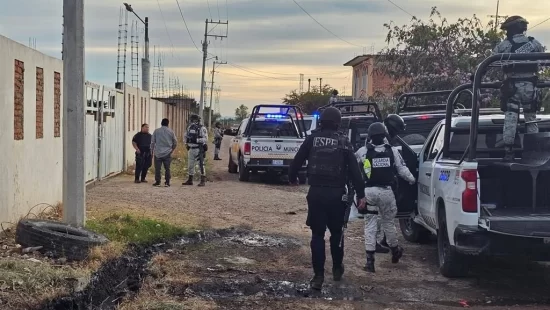Under a broiling Alabama sky a frustrated Robby Robertson, a construction site superintendent, surveys an 84,000 square foot, mostly built recreation center close to the Gulf coast port city of Mobile.
The site is eerily quiet. Last month, the $20 million project was on track for on-time completion by November 1. Now Robertson says he is looking at a three-week delay after about half of his workers – scared by an Immigration and Customs Enforcement raid on a job site in Florida 230 miles (370 kilometers) away – have stayed away.
Immigration raids on building sites – part of an expanding crackdown by Donald Trump on work sites across the country – are causing major disruptions to the construction industry, according to media interviews.
“The threats and the reporting of raids have caused workers to not show up at job sites, just entire crews for fear of a raid,” said Jim Tobin, the CEO of the National Association of Home Builders, which has 140,000 members.
While immigration enforcement agents have stepped up their raids on other work sites in recent weeks, detaining farmworkers, restaurant staff, meat packers, and day laborers, the construction industry is especially vulnerable to disruptions in the labor supply.
14 people in construction – CEOs, trade association officials and site supervisors – who said the raids are causing project delays and cost overruns and exacerbating existing shortages of skilled labor. They said it was too early to quantify the scale of the damage in terms of lost labor and revenues.
Some of the people were in Texas and Florida, where there have been several raids. ICE has also been active in California, Illinois, Washington, Louisiana and Massachusetts, construction association officials said.
Of the roughly 11 million people in the U.S. illegally, about 1.4 million work in construction, according to the Migration Policy Institute, a nonpartisan think tank – more than any other industry.








